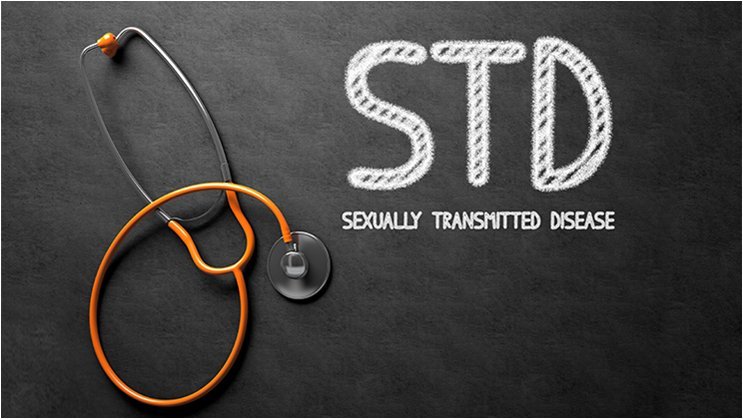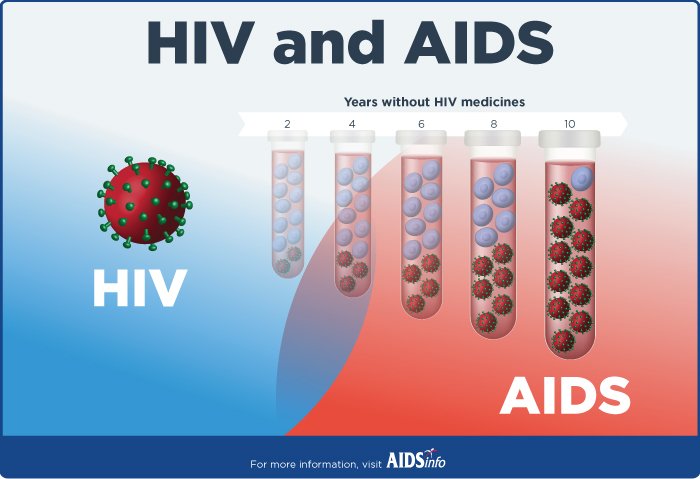Back to: HOME ECONOMICS JSS 2
Welcome to Class !!
We are eager to have you join us !!
In today’s Home Economics class, We will be discussing Sexually Transmitted Diseases. We hope you enjoy the class!

SEXUALLY TRANSMITTED DISEASES
CONTENT
- TYPES AND CAUSES
- MANAGEMENT AND TREATMENT
- CONSEQUENCES OF SELF MEDICATION
SEXUALLY TRANSMITTED DISEASES
Sexually Transmitted Diseases are illnesses/infections that are passed from one person to another through sexual contact. They are passed from one infected person to uninfected person through sexual intercourse and the uninfected becomes infected.
TYPES AND CAUSES OF STDs

There are many types of STDs. The following are some of them:
- Gonorrhoea: This is caused by the bacterium called Neisseria gonorrhoea. It is spread through sexual contact from an infected person to another
Signs and Symptoms
- a) Itching and discharge from the penis and vagina.
- b) Painful urination.
- c) Infertility
- d) Lower abdominal pain.
- e) For a pregnant woman, the child’s eyes may be affected during birth
Treatment: Use of antibiotics
- Syphilis: It is caused by the bacterium called Treponema palladium. It is also spread through sexual intercourse with an infected person.
Signs and Symptoms
- a) Sores on the sex organs.
- b) Fever, rashes, aches and hair loss.
- c) Swollen testes.
- d) At later stages, it affects the heart, eyes and brain.
- e) It can lead to insanity and death.
- f) It can also lead to stillbirth for a pregnant woman.
Treatment: Treatment is with antibiotics.
EVALUATION
- What are sexually transmitted diseases?
- Mention two types of STDs.
HIV /AIDS: This is caused by a virus called Human Immune Deficiency Virus (HIV). It is one of the most frightening of all STDs.
HIV (Human Immune Deficiency Virus) – This leads to AIDS.
AIDS (Acquired Immune Deficiency Syndrome) – This is a condition that occurs after HIV might have weakened the body immune system.
‘Acquired’ – Acquired means not heredity, but acquired through a specific behaviour and passes from one person to another.
‘Immune Deficiency’ – because it weakens the immune system of the body.
‘Syndrome’ – because it is characterized by the combination of many signs and symptoms.

HOW HIV/AIDS CAN BE TRANSMITTED
- Sexual intercourse with an infected person.
- Transfusion of infected blood.
- Use of contaminated needles, blades, syringes and other piercing instruments.
- From an infected mother to her child during pregnancy, delivery or breastfeeding.
SIGNS AND SYMPTOMS OF HIV/AIDS
- Persistent cough.
- Skin diseases.
- Loss of weight.
- Loss of memory
- Mouth sore, fever, diarrhoea
- Death
SELF EVALUATION
- What is the full meaning of HIV/AIDS?
- Mention two ways through which HIV/AIDS can be spread.
PREVENTIONS OF HIV/AIDS
- Always use a sterilized skin-piercing instrument such as a blade or needle.
- Always use well-screened blood (STDS free blood).
- Abstain from sexual intercourse.
- Have one faithful uninfected partner.
- Do not share sharp objects with other people.
- Women with HIV should seek advice before getting pregnant.
HOW HIV IS NOT SPREAD
- By sharing food, touching, hugging, carrying or sitting with close to someone with HIV/AIDS.
- By sharing toilets.
- From mosquitoes, bedbugs or any other insects or animals.
- By sharing combs, towels or clothes with infected persons.
MANAGEMENT AND SUPPORT OF INFECTED PEOPLE
- They must be given prompt treatment.
- They must eat good and highly nourishing food.
- Their rooms, clothes and utensils must be sterilized often.
- They should avoid alcohol.
- They should be loved and cared for by friends and relatives.
SELF EVALUATION
- State the meaning of the following: a) STD b) HIV and c) AIDS.
- State two ways of preventing STDs.
SELF MEDICATION
Self- medication is the act of using drugs that are not prescribed by medical experts/personnel. It is a process by which an individual prescribes drugs for oneself or when a person who is not professionally qualified prescribes a drug for a sick person.
CONSEQUENCES OF SELF-MEDICATION
- Damages to some organs in the body.
- One may become vulnerable to infections and complications.
- Self-medication may lead to mental or physical distress which may result to one being useless or dropout from school.
- There may be a serious side-effect of a given drug.
- Complications of the illness/disease.
- Waste of money.
- Premature death.

GENERAL EVALUATION QUESTIONS
- Define the following: a) STDs b) HIV and c) AIDS
- Explain two consequences of self-medication.
- State five causes of conflict in a family.
- State three guidelines for conflict resolution.
- List three different types of kitchen layout.
We have come to the end of this class. We do hope you enjoyed the class?
Should you have any further question, feel free to ask in the comment section below and trust us to respond as soon as possible.
In our next class, we will be talking about the Arrangement of Fullness. We are very much eager to meet you there.
